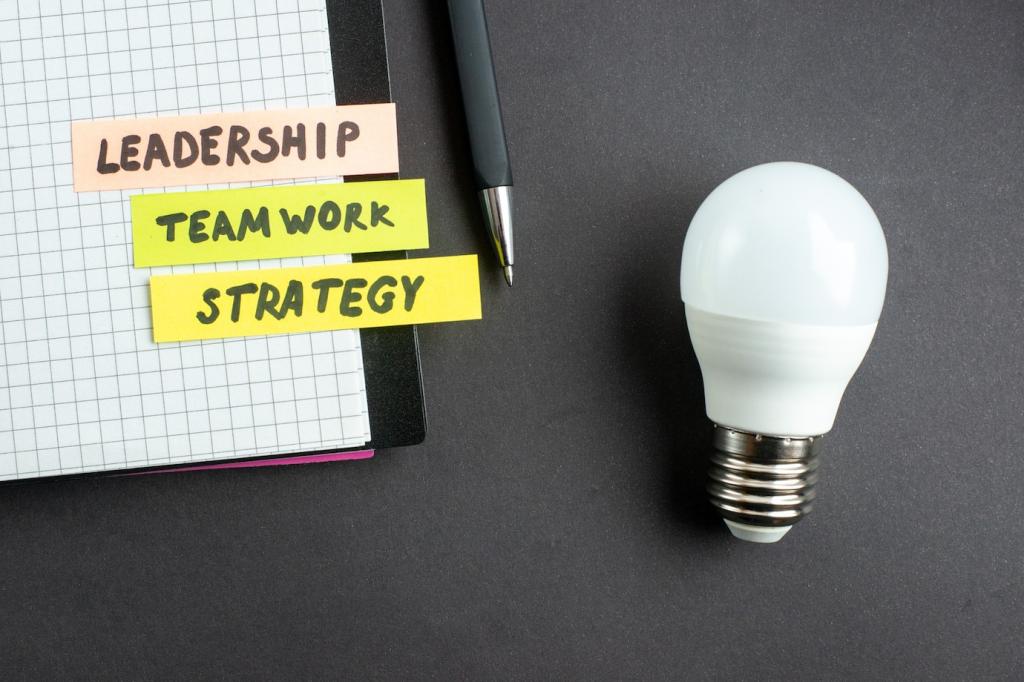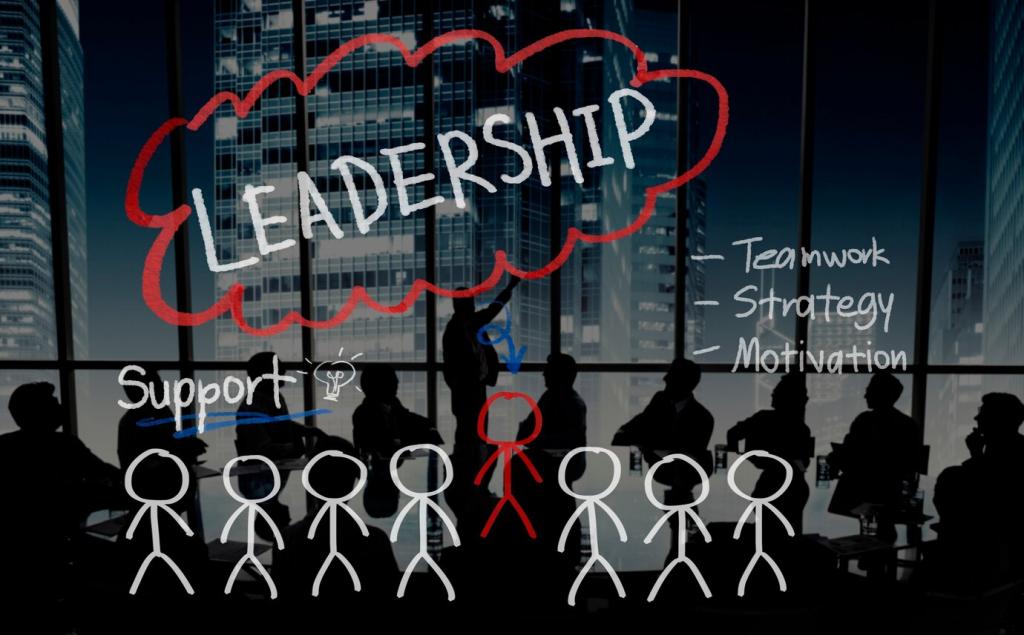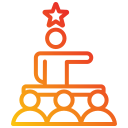Today’s chosen theme: Innovation and Creativity Workshops for Team Leaders. Discover practical ways to design, facilitate, and scale workshops that ignite original thinking, strengthen collaboration, and turn bold ideas into measurable results across your team and organization.
Why Innovation Workshops Matter for Team Leaders
A good workshop compresses months of scattered brainstorming into focused hours where ideas become testable concepts. Team leaders gain shared language, clearer priorities, and early evidence that de-risks decisions while energizing people to move forward together.

Designing High-Impact Workshop Agendas
Begin with expansive thinking—assumption busting, provocative prompts, and wild ideas. Then shift deliberately into clustering, prioritization, and commitment. This rhythm respects creativity while ending with decisions teams can act on immediately and confidently.
Designing High-Impact Workshop Agendas
Short, firm time boxes prevent overthinking and keep momentum. Leaders who protect the clock model discipline and respect. Participants quickly learn to deliver concise insights and prototypes instead of drifting into endless debate and uncertainty.


Facilitation Techniques That Spark Original Thinking
Yes-And, Not Yes-But
Replace reflexive critique with additive thinking. “Yes-and” encourages participants to build upon ideas instead of shrinking them. Leaders model curiosity, maintaining momentum long enough for promising concepts to mature before thoughtful evaluation and improvement.
Silent Brains, Loud Walls
Start with silent writing to protect fresh ideas from immediate bias. Then externalize everything on walls or digital canvases. This sequence levels status, diversifies input, and ensures the room engages with content rather than personalities or seniority.
Rotate Roles to Reveal Strengths
Assign rotating roles—timekeeper, challenger, synthesizer, storyteller. Participants stretch beyond comfort zones, and leaders discover unexpected strengths. The challenger keeps rigor high while the storyteller turns abstract ideas into narratives stakeholders can believe and support confidently.
Frameworks and Tools for Team Leader Workshops
Empathize to understand real needs, define to sharpen the problem, ideate to expand options, and prototype to learn fast. Leaders who iterate visibly build cultures where learning outpaces fear and failure becomes simply data-rich feedback.

Beyond revenue, track signals like prototype cycle time, cross-team participation, idea-to-test conversion, and customer learning per sprint. These leading indicators prove momentum well before lagging metrics and help leaders steer confidently under uncertainty.
Measuring Outcomes and Sustaining Momentum
Within thirty days, run one pilot. By sixty, expand or pivot based on evidence. By ninety, standardize what works. Sharing these stories invites peers to replicate success and keeps innovation on the leadership agenda every quarter.
Measuring Outcomes and Sustaining Momentum
A four-hour creativity sprint mapped failure points and prototyped checklists and alerts. Incidents dropped by forty percent in two months. The leader credits early customer input and rapid iteration with turning recurring firefighting into repeatable prevention strategies.
Stories from the Field: Leaders Who Made It Work
Building Psychological Safety for Creative Risk-Taking
Normalize Drafts and Iteration
Announce that every output is a draft and every draft invites learning. Leaders who showcase their own rough work model courage. This makes experimentation a shared habit rather than a risky personal bet limited to a few brave participants.


Set Consent-Based Rules
Agree on protocols: one conversation at a time, critique ideas not people, ask curious questions. Consent-based rules reduce defensiveness. People contribute more when safety is explicit, consistent, and defended by respected leaders throughout the workshop.
